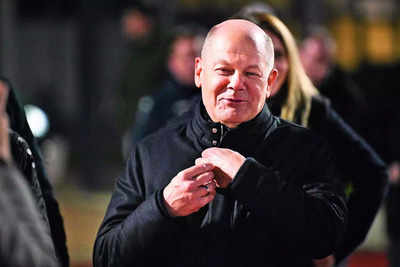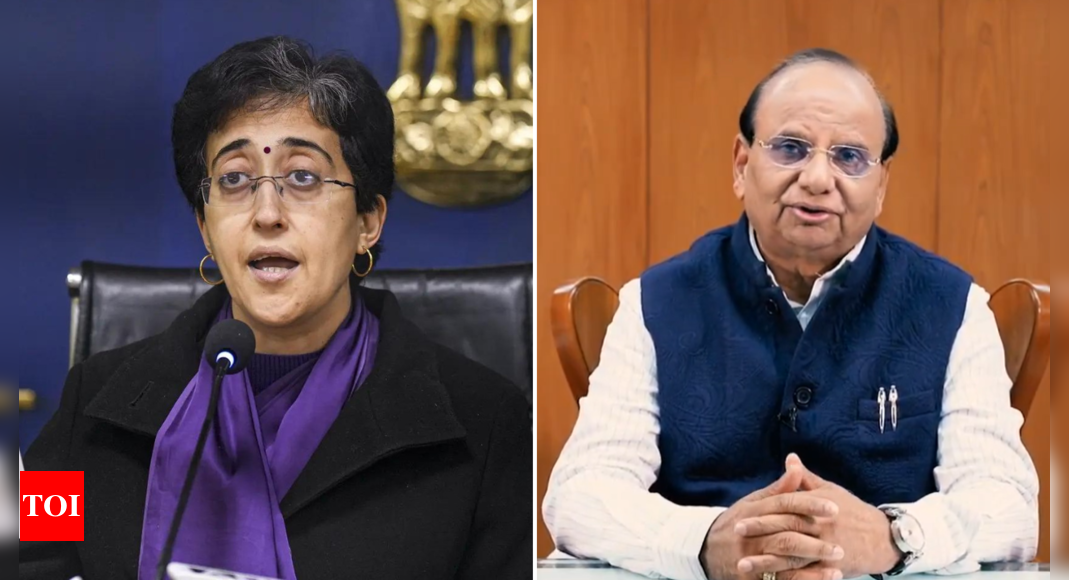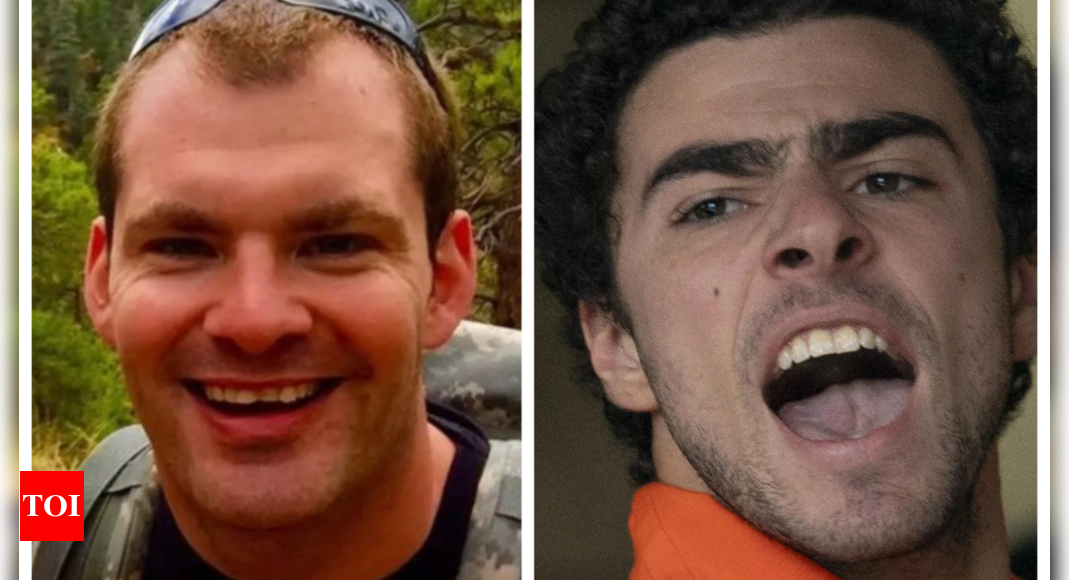German Chancellor Olaf Scholz and his Social Democratic Party (SPD) condemned on Sunday a statement by a member of the opposition Christian Democratic Union (CDU) claiming the chancellor had a meeting planned with Russian President Vladimir Putin.
Roderich Kiesewetter, a CDU foreign affairs and security expert, had posted the day before on X, formerly Twitter, saying the alleged meeting was scheduled to take place before German elections set for February.
“We must prepare for an election campaign surprise,” Kiesewetter had reportedly written in the post, which now appears to have been deleted. He had suggested that Scholz would travel to Moscow for the meeting.
How did the SPD react?
Scholz and his party both condemned the post and Kiesewetter. Government spokesman Steffen Hebestreit denied plans for such a trip.
“It would make no sense at all,” the government spokesman told the Redaktionsnetzwerk Deutschland (RND) media group, calling the comment “slander.”
Hebestreit said that “legal steps” would be taken against the CDU politician.
Scholz also sharply criticized Kiesewetter’s post, describing it in a press conference as a “false allegation” and calling it “deeply inappropriate.”
SPD General Secretary Matthias Miersch said the claim was “vicious and sneaky.” SPD parliamentary group leader Rolf Mützenich described it as “pure fabrication.” Both demanded that Kiesewetter, who is also a member of the Bundestag, retract his statement and apologize to Scholz.
Mützenich called on the CDU party leader and candidate for chancellor, Friedrich Merz, to intervene.
“With such pure fabrications, key representatives of the CDU/CSU parliamentary group are evidently trying to construct arguments against the sensible foreign policy course of Olaf Scholz,” Mützenich said, referring to the conservative bloc of the CDU and its Bavarian sister party, the Christian Social Union (CSU).
Scholz stresses Ukraine support, despite earlier Putin call
Earlier in November, Scholz spoke on the phone with Putin, for the first time in nearly two years. The call prompted criticism from Kyiv as well as some Eastern European Nato partners.
Speaking to reporters during a SPD presidium meeting on Sunday, Scholz did not rule out the possibility of another telephone call with Putin “if it can perhaps deliver at least a small benefit.”
The chancellor nevertheless stressed that Germany remains Ukraine’s “biggest supporter” in the fight against Russia’s aggression.
“We must prevent this war from escalating into a war between Russia and Nato,” Scholz also added.




